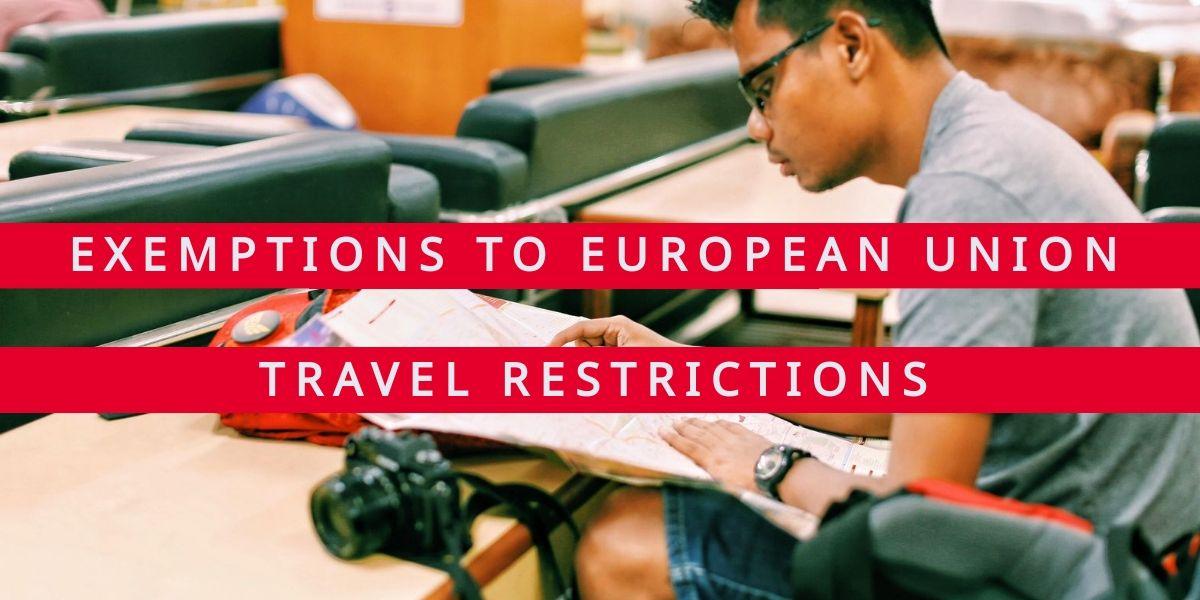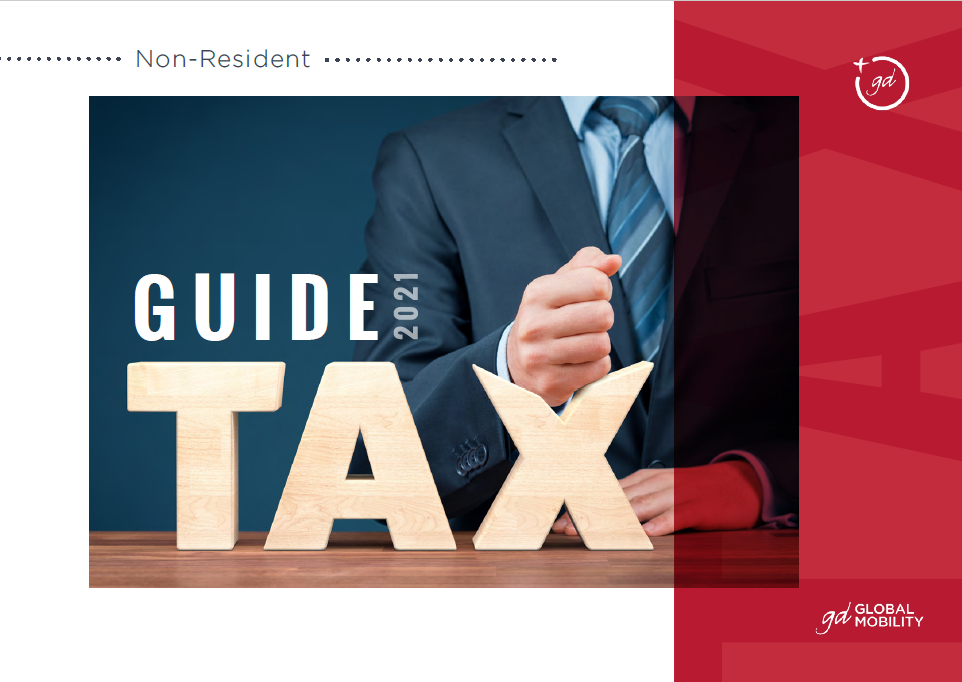
On June 30, 2020, Council Recommendation EU 2020/912 on the temporary restriction of non-essential travel to the European Union and the possible lifting of the restriction was adopted. It establishes a list of third-party countries whose residents are exempt from the restrictions in force until then, as well as a list of new categories of people also exempt from limitations, regardless of their origin. This post provides the updated list of third-party countries whose residents can enter the European Union.
Regarding the list of third-party countries, the lifting of restrictions should not be considered to be of immediate effect, but will continue to be subject to criteria of progressivity and reciprocity at all times.
Opening of borders with China, Algeria and Morocco
Regarding the principle of reciprocity, on the one hand, with respect to China, the Recommendation makes the opening of the borders of the Member States of the Union subject to the confirmation of the existence of such reciprocity. On the other hand, regarding Algeria and Morocco, they have borne in mind both the need to take into account the current border closures of both countries and the usual large volume of travel between each of them and Spain.
Likewise, the closure, on a temporary basis, of the land posts enabled for the entry to and exit from Spain through the cities of Ceuta and Melilla has been maintained.
Exemptions to European Union travel restrictions
Furthermore, the Recommendation establishes exemptions to the application of these criteria of refusal of entry to citizens of third-party countries. With the entry into force of Order INT/578/2020, of June 29, citizens of the Union and their families, as well as other beneficiaries of the right to free movement are outside the scope of the temporary restrictions at Spanish external borders. Similarly, any citizen of a third-party country who belongs to one of the following categories will be exempt:
- Usually resident in the European Union, Schengen Associated States, Andorra, Monaco, the Vatican (Holy See) or San Marino who are going to that country, and prove it with suitable documentation.
- Holders of a long-term visa issued by a Member State or Schengen Associated State who are going to that country.
- Health professionals, including health researchers, and elderly care professionals who are going to or returning from work.
- Transport, marine and aeronautical personnel necessary to carry out air transport activities.
- Diplomatic and consular personnel, and personnel from international, military, civil protection and humanitarian organizations, in the exercise of their duties.
- Students who are undertaking their studies in Member States or Schengen Associated States and who have the corresponding permit or visa and medical insurance, provided that they are going to the country where they study, and that their arrival occurs during the academic year or 15 days prior to the academic year.
- Highly qualified workers whose work is necessary and cannot be postponed or performed remotely, including participants in high-level sports events that take place in Spain. These circumstances must be justified with suitable documentation.
- People traveling for urgent family reasons that are duly authorized.
- People who prove reasons of force majeure or situations of need with suitable documentation, or whose entry is allowed for humanitarian reasons.
- Residents in the countries listed in the Annex provided that they come directly from them, have transited exclusively through other countries included in the list or have only made international transfers at airports located in countries not listed in the Annex. In the case of residents of Algeria, China and Morocco, reciprocity is pending verification. This Annex may be modified by resolution of the person in charge of the Ministry of the Interior.
In this new Recommendation, cross-border and seasonal workers have been removed from the exempt categories, since these workers come from countries that still have closed borders with Spain, making it impossible for them to return after completing their activity.
For more information, contact our international mobility experts.




